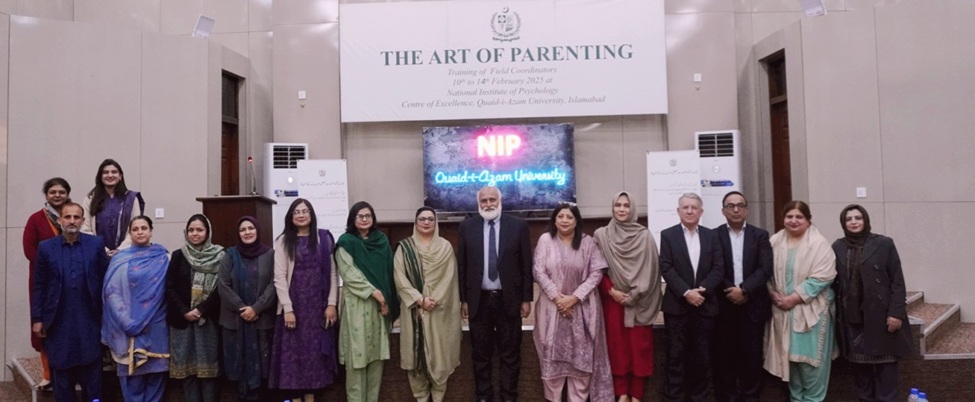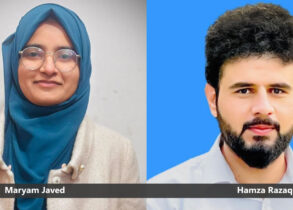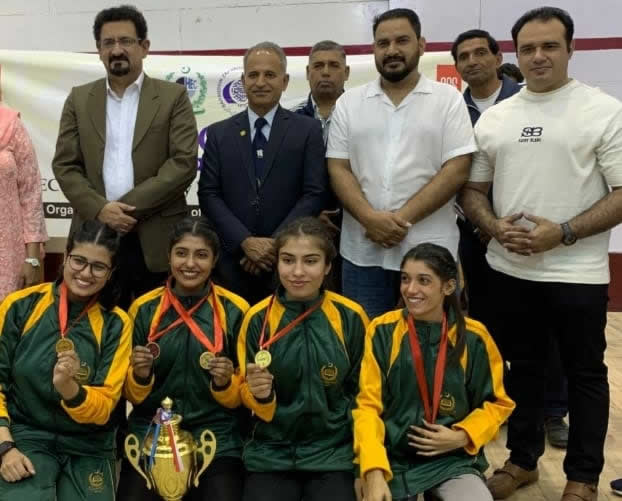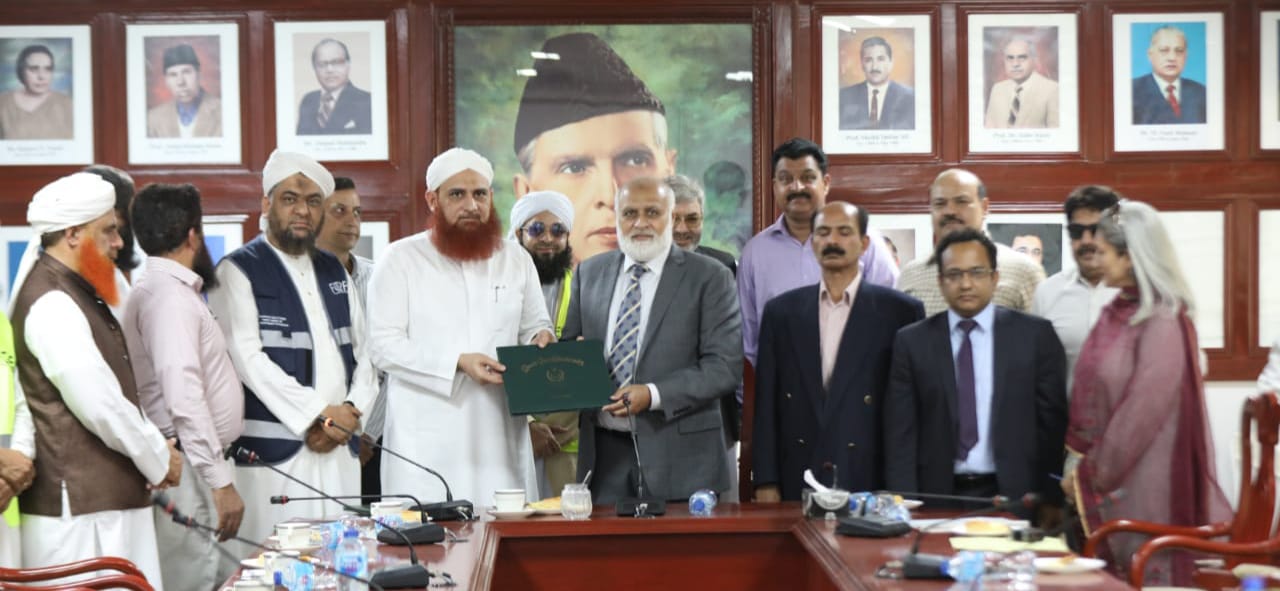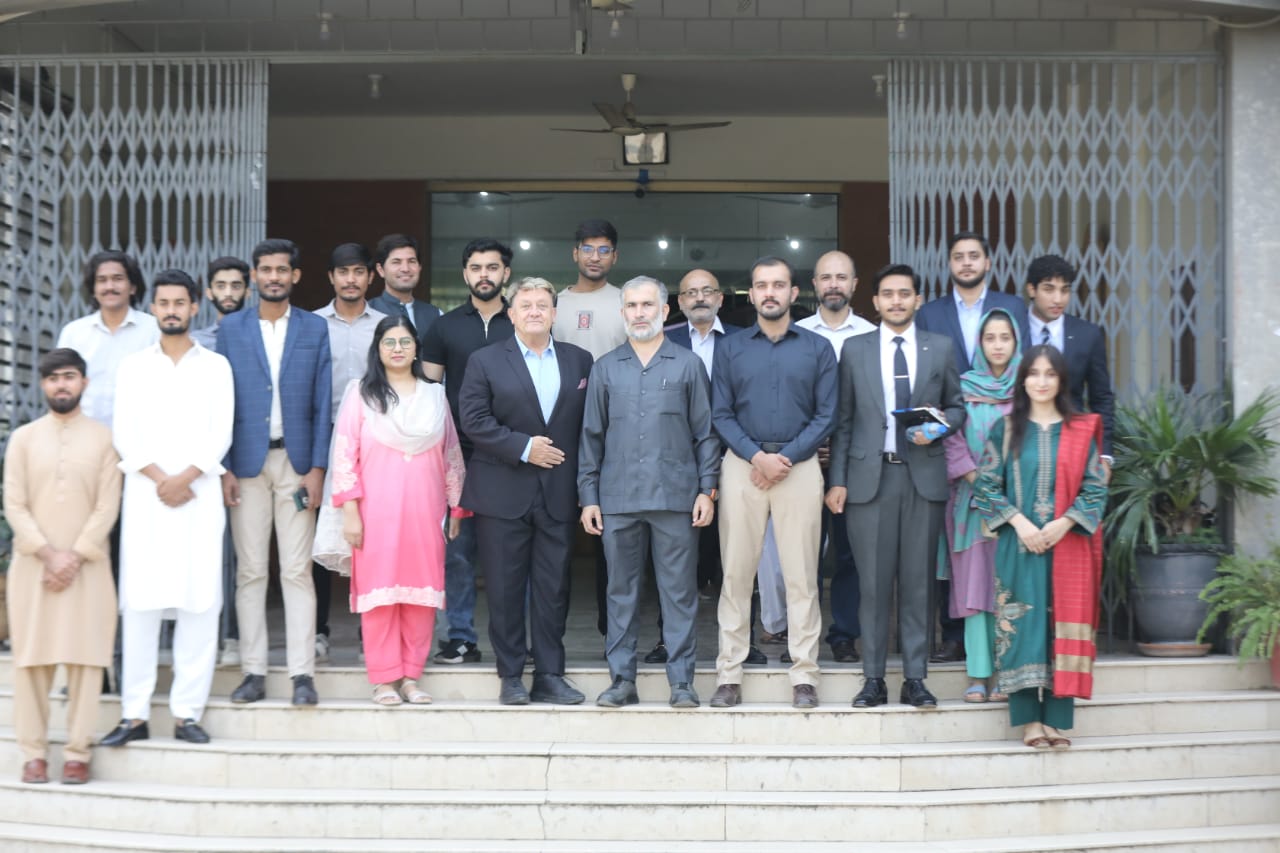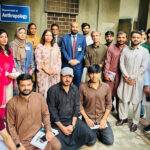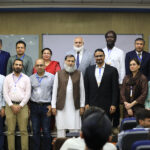The Art of Parenting (Pilot Phase–II)
Art of Parenting (Pilot Phase –II)
Training of Field Coordinators
(10 –14 February, 2025)
The National Institute of Psychology (NIP), in collaboration with the National Commission on the Status of Women (NCSW), Aga Khan Development Network and Government of Pakistan is holding a 5-day training of field coordinators as part of The Art of Parenting (Pilot Phase–II).The inaugural session commenced with the recitation of Quranic verses and the National Anthem.
Prof. Dr. Rubina Hanif, Director NIP welcome the guests and emphasized the significance of nurturing parenting, focusing on holistic care and lifespan developmental milestones. She elaborated on the impact of attachment patterns and neurobiological outcomes, underscoring the benefits of nursing care, equity, and addressing individual shortcomings. Mr. Qayyumm Ali Noorani, Head Health Department from the Aga Khan Foundation highlighted the critical issues faced by young children and adolescents in terms of self-harm and vulnerability which may limit their capabilities to express and flourish to their full potential. He advocated for community-based interventions, collaboration between organizations, and culturally relevant strategies to support vulnerable children by enhancing efficient parenting. Prof. Dr. Niaz Ahmad Akhtar, Vice Chancellor, Quaid-i-Azam University, highlighted the challenges faced by students lacking parental support. He also stressed the long-term effects of early parental involvement on academic and emotional well-being. He suggested that community outreach services should be accessible to all strata of parents to maximize their involvement in efficient parenting. Dr. Shazia Sobia, Chairperson, Standing Committee for Education emphasized the joint responsibility of teachers and parents in child upbringing, and proposed similar training sessions in various regions of Pakistan to ensure broader provincial representation and impact. She also deliberated on the imperative role of parenting in shaping the positive personalities of children and their transformation in adolescence as responsible citizens of Pakistan. She further articulated that the role of academia is to build liaison and collaborations with civil organizations in designing effective yet approachable strategies that can be easily implemented at the grass root level. In the end, Ms. Ruqiya Abbas from National Commission on the Status of Women, presented vote of thanks to all the collaborators and encouraged the participants to make active contributions in the mutual process of learning so as to make the whole activity as an enriching experience which they can carry forward as field coordinators. At the end the Vice Chancellor of Quaid-i-Azam University and the Director of NIP presented the souvenir to chief guest Dr. Shazia Sobia. The training session concluded with accolades for NIP’s dedication to enhancing parenting practices, reinforcing the far-reaching impact of parental education on societal development.
 Circulars / Notifications
Circulars / Notifications

